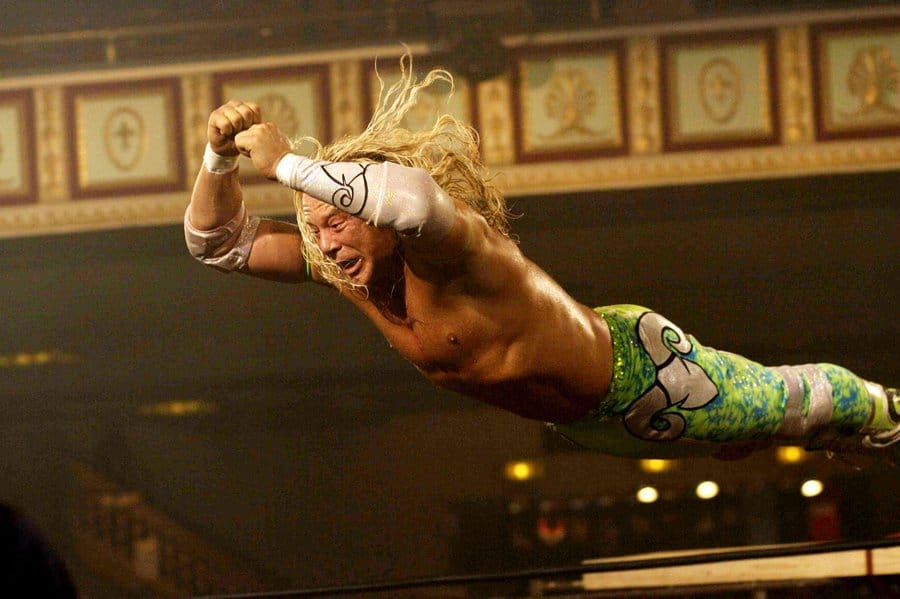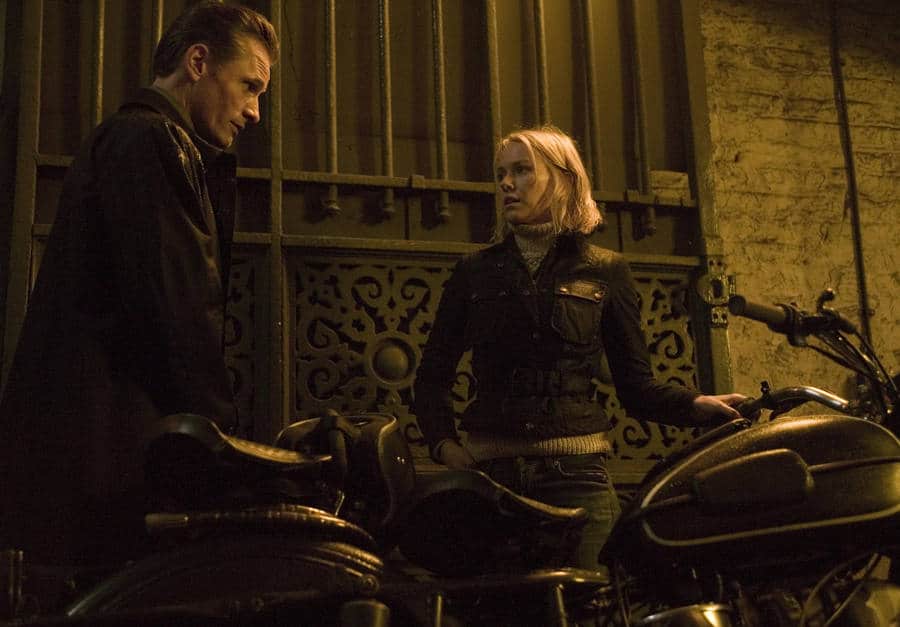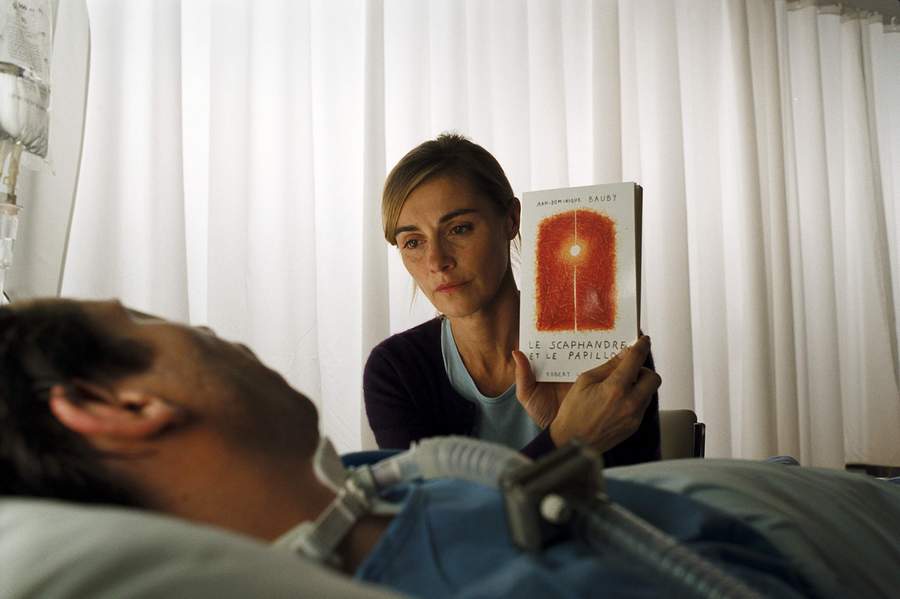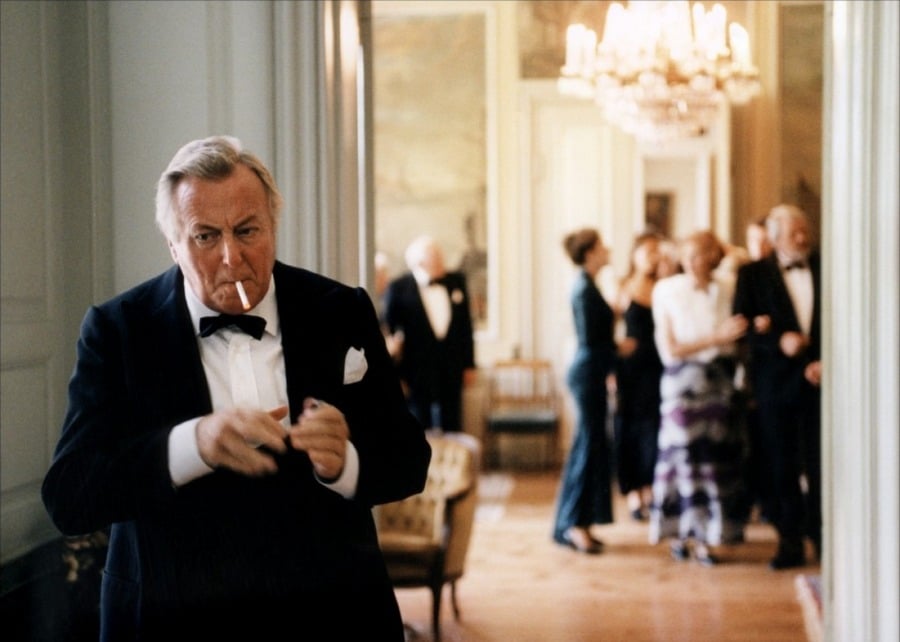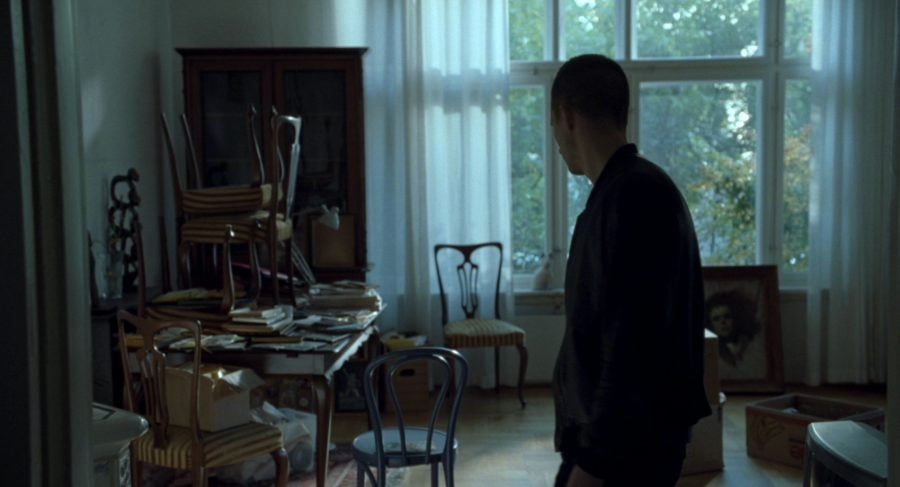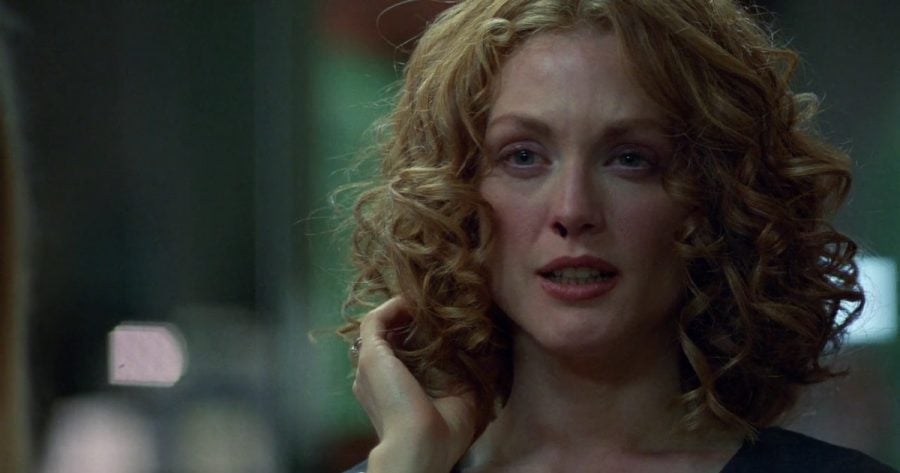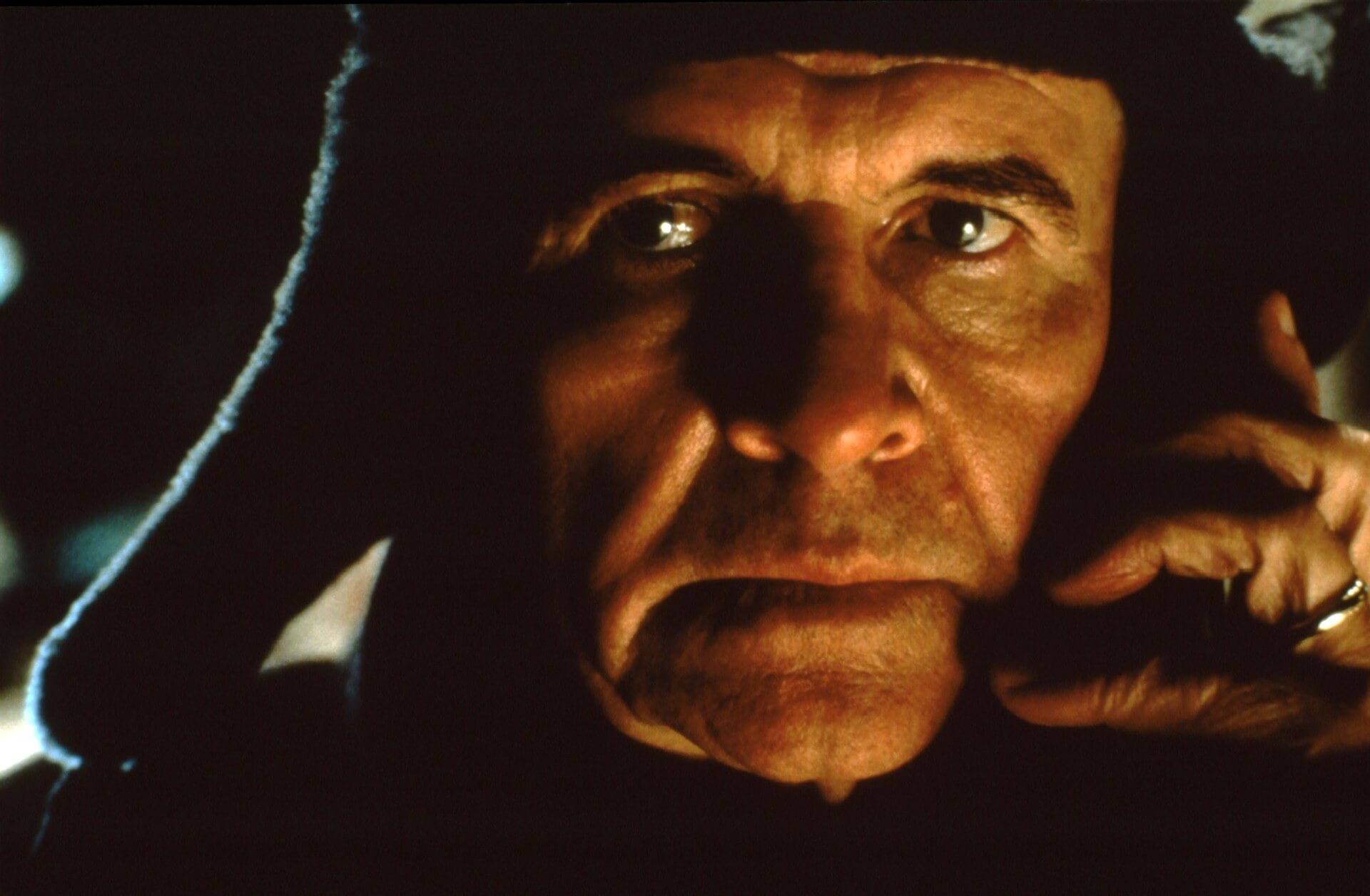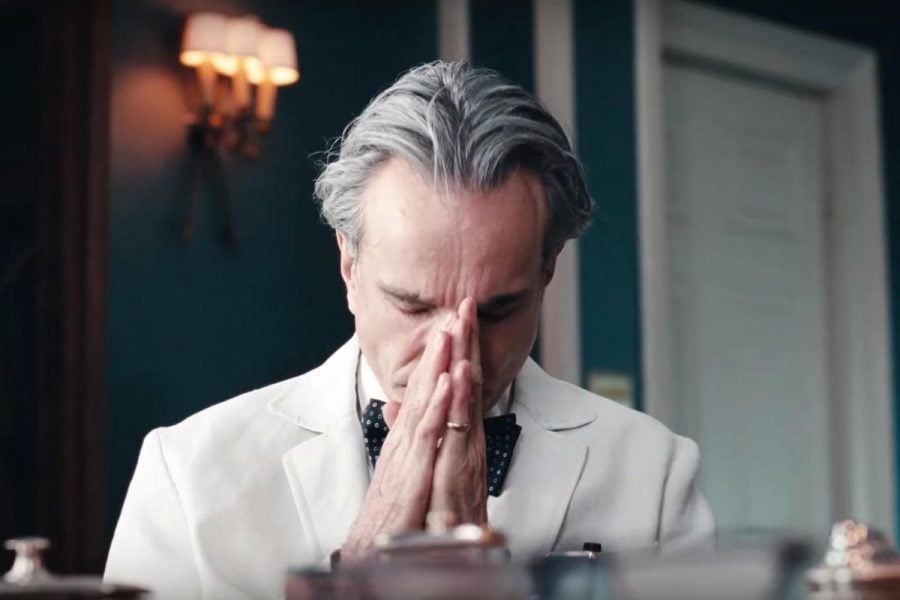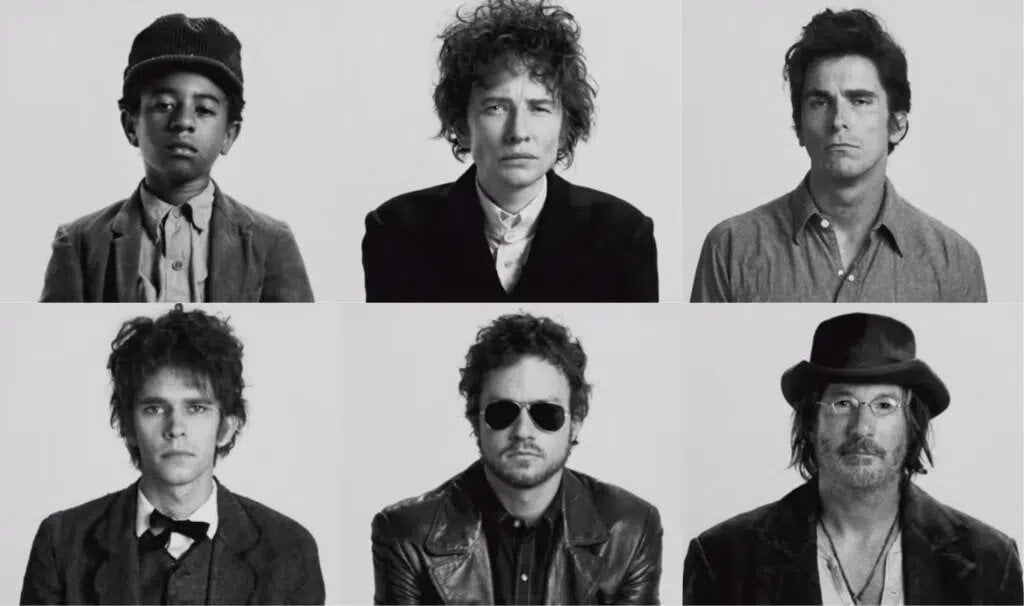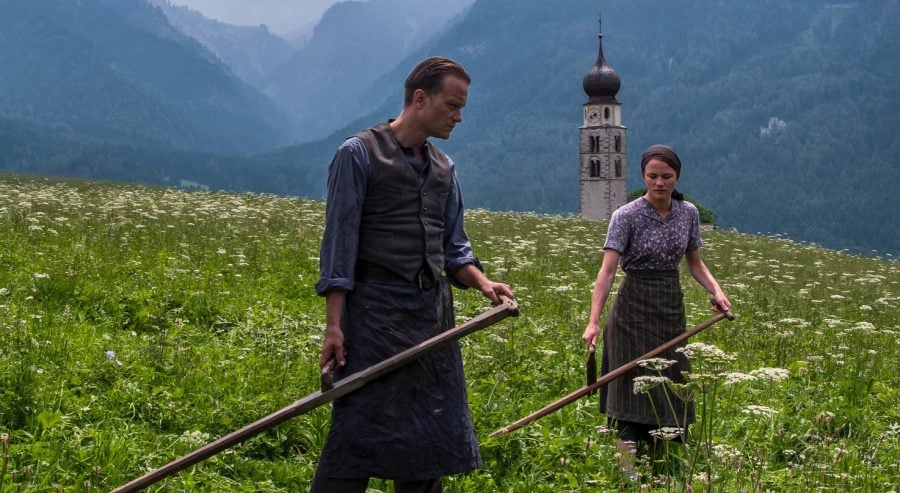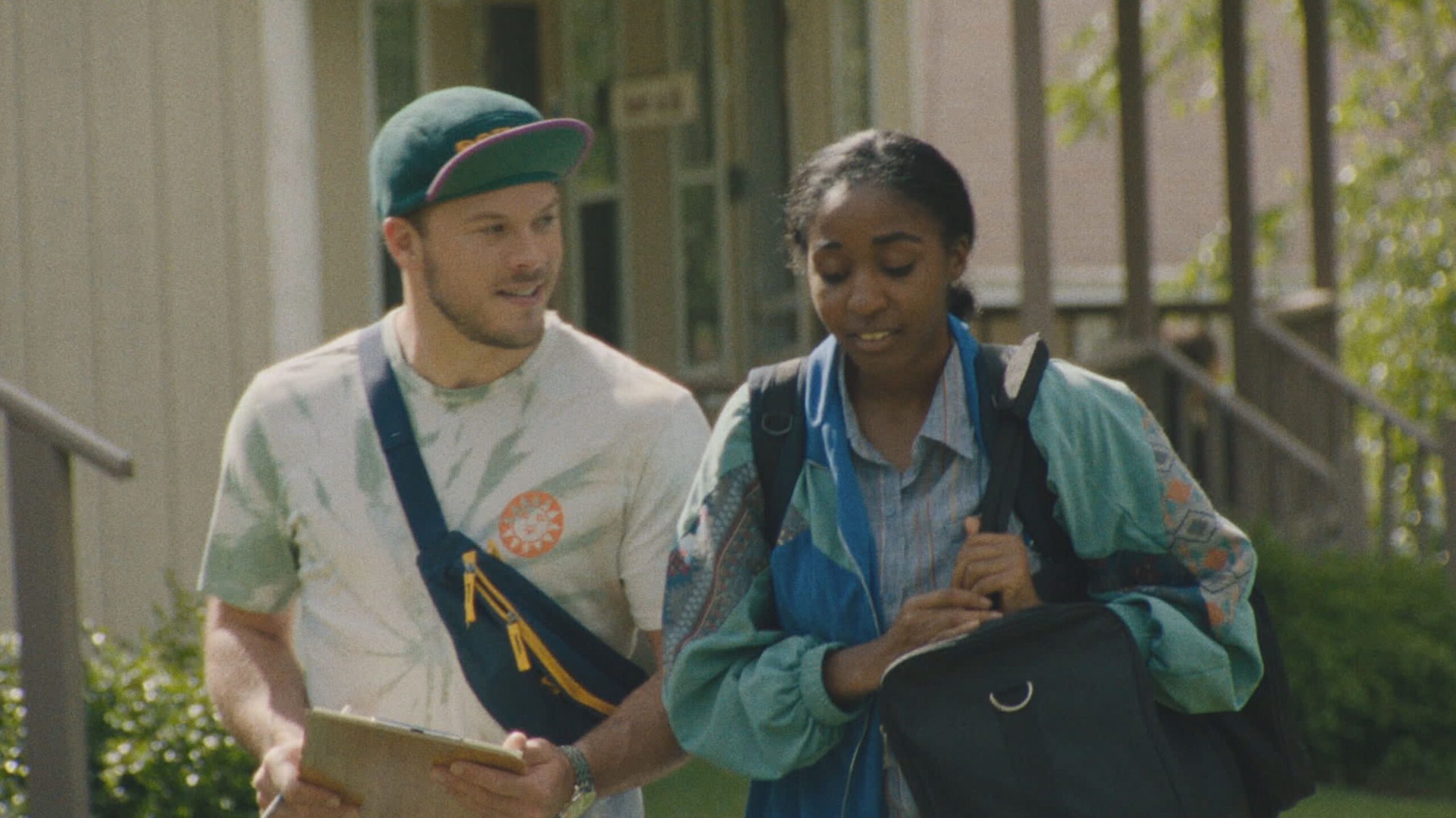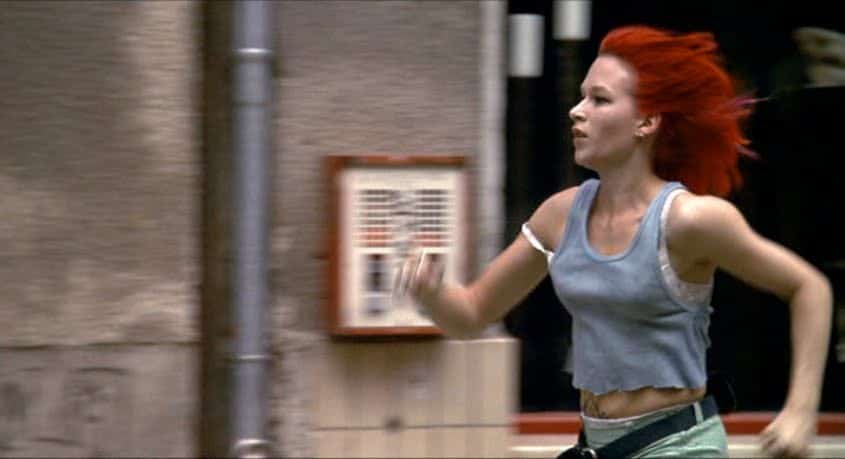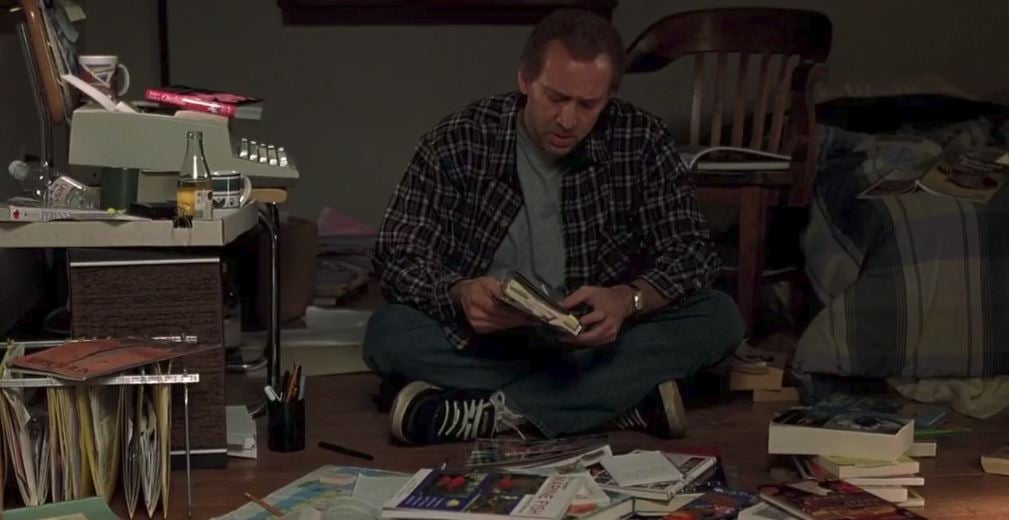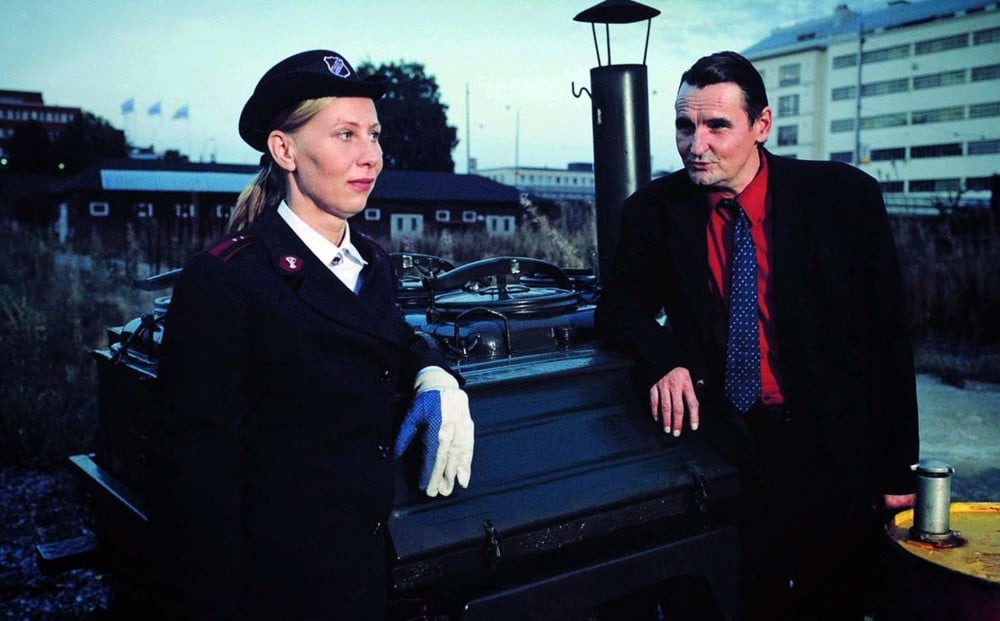I’m Not There is an unusual biopic in that it never refers to its subject, Bob Dylan, by name. Instead, Todd Haynes’ portrait of the singer mimics his constant reinvention by casting six separate actors to play as many reincarnations of the same soul. It’s an ingenious spin on a usually stale genre, one that liberates the film from the humdrum restrictions of a literal retelling of Dylan's life.
If there’s anyone who warrants such an inventive approach to biography, it’s Dylan, whose public and private personas are so numerous that it’s only by angling six different mirrors at him that Haynes can hope to catch some of his essence. Impressionistic editing toggles freely between these vignettes, each visually distinct: from the 11-year-old Woody Guthrie-obsessive (Marcus Carl Franklin) and the black-and-white Super 16mm-shot poet (Ben Whishaw) to the aging cowboy outlaw (Richard Gere), all by way of Christian Bale, Heath Ledger, and Cate Blanchett’s incarnations. To be sure, this is a somewhat challenging film, reflecting, in places, the enigmatic surrealism of Dylan’s lyrics and his refusal to be pinned down to one thing. But, as Blanchett’s embodiment says, “Mystery is a traditional fact,” and that’s no more true than of Dylan, making Haynes’ film a fascinatingly fitting spiritual biopic.
Genre: Drama, Music
Actor: Al Vandecruys, Alison Folland, Andrew Shaver, Andrew Simms, Angela Galuppo, Arthur Holden, Ben Whishaw, Benz Antoine, Bill Croft, Bob Dylan, Brett Watson, Bruce Greenwood, Cate Blanchett, Catherine Colvey, Charlotte Gainsbourg, Christian Bale, Clarice Byrne, Craig Thomas, Daniel Richard Giverin, Danny Blanco Hall, David Cross, David Gow, Dennis St John, Dominic James, Don Francks, Emmanuel Schwartz, Eric Newsome, Eugene Brotto, Fanny La Croix, Garth Gilker, Gordon Masten, Graham Cuthbertson, Greg Kramer, Heath Ledger, Hélèna Laliberté, Holly Uloth, Ivan Freud, Jane Gilchrist, Jane Wheeler, Jason Cavalier, Jean-Loup Yale, Jennifer Rae Westley, Jesse Todd, Jessica Kardos, Jim James, Jodie Resther, Joe Cobden, Joey Burns, John Koensgen, Julianne Moore, Kathleen Fee, Kathryn Kostlivy, Kim Gordon, Kim Roberts, Kris Kristofferson, Kristen Hager, Kyle Gatehouse, Kyle Switzer, Larry Day, Leif Anderson, Leigh Ann Taylor, Lina Roessler, Lisa Bronwyn Moore, Lorne Brass, Maggie Castle, Marcus Carl Franklin, Marie-Julie Rivest, Mark Camacho, Matt Holland, Matthew Boylan, Matthew Harbour, Max Walker, Melantha Blackthorne, Michelle Williams, Nathalie Girard, Noel Burton, Patrick Costello, Paul Cagelet, Paul Johnston, Paul Spence, Pauline Little, Peter Friedman, Phyllis Gooden, Pier Paquette, Pierre Leblanc, Pierre-Alexandre Fortin, Richard Gere, Richard Jutras, Richard Robitaille, Richie Havens, Rob Burns, Roc LaFortune, Sharlene Royer, Shaun Balbar, Shawn Baichoo, Steve Godin, Susan Glover, Terry Haig, Thiéry Dubé, Tim Post, Trevor Hayes, Tyrone Benskin, Vito DeFilippo, Wyatt Bowen, Yolonda Ross
Director: Todd Haynes
Rating: R

